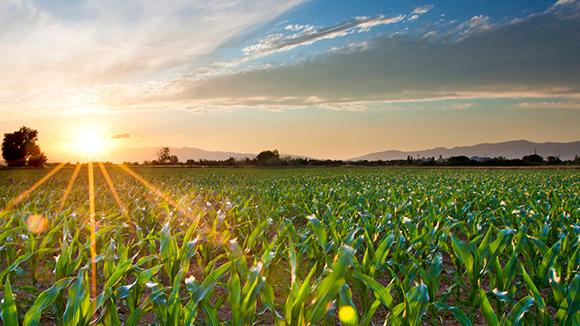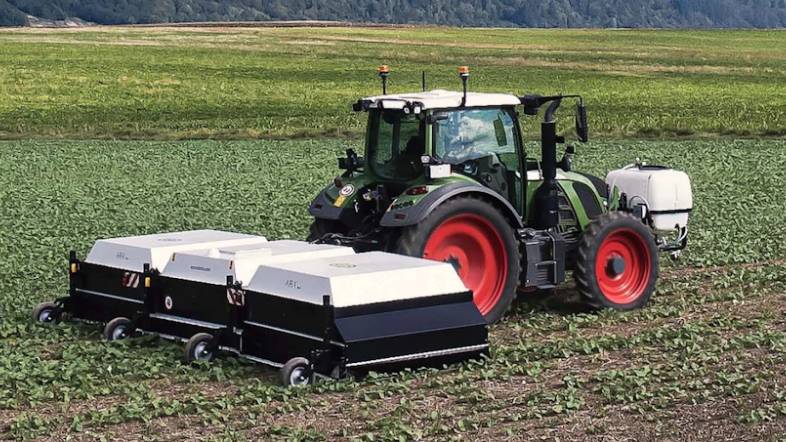High-tech Agriculture: EU Farmers Risk Being ‘Locked In’ to Unsustainable Practices
Since World War II, Europe’s agricultural sector has been very receptive to new technology, and the result has been staggering productivity gains – for four generations, farmers have produced more than their parents did, writes Xavier Reboud on Phys.org. At the same time, however, agricultural prices have fallen around the world and price subsidies have been cut. This has led to a cruel paradox: while farmers have never produced so much, many can no longer make a living from farming.
Digital approaches in farming are called “precision agriculture”, which aims to measure the needs of crops or livestock as precisely as possible to be able to apply “the right amount at the right time”. This has proven to be a valuable approach, particularly for crops, and has been driven by the development of embedded computing, GPS guidance and machine control interfaces.
The precision-agriculture approach can also help reduce inefficiencies and waste. For example, precision pesticide application methods can significantly reduce spray falling outside areas to be treated and thus the amount of pesticide entering the environment. In this way, sprayers can maintain treatment effectiveness while reducing application rates 20% to 40%.









